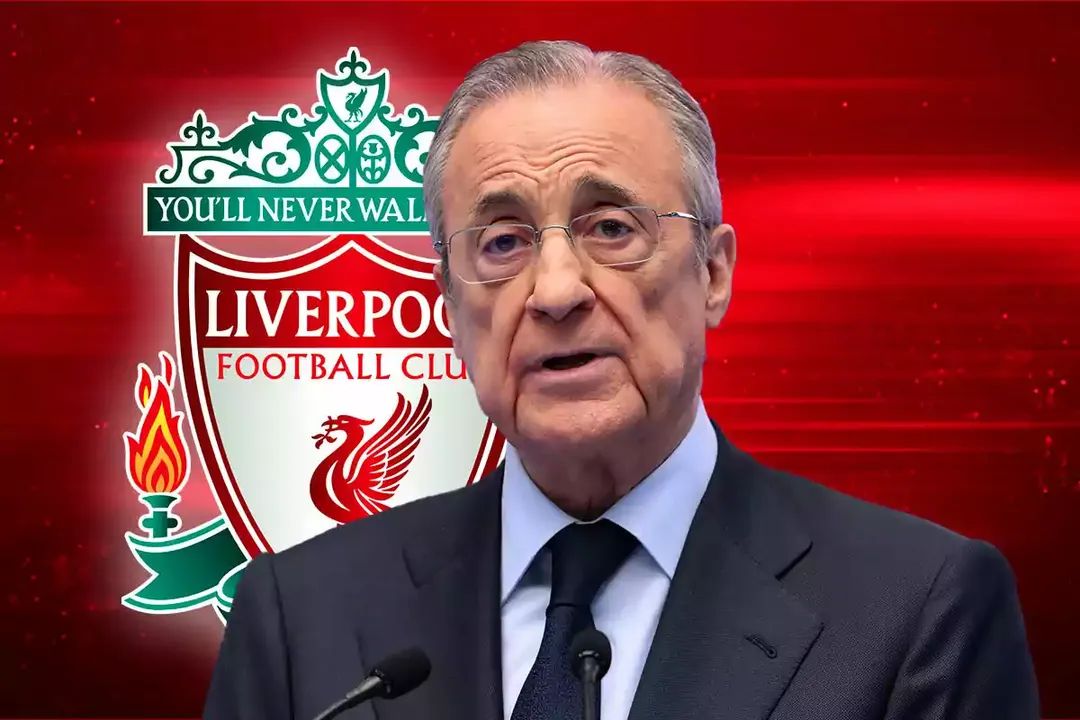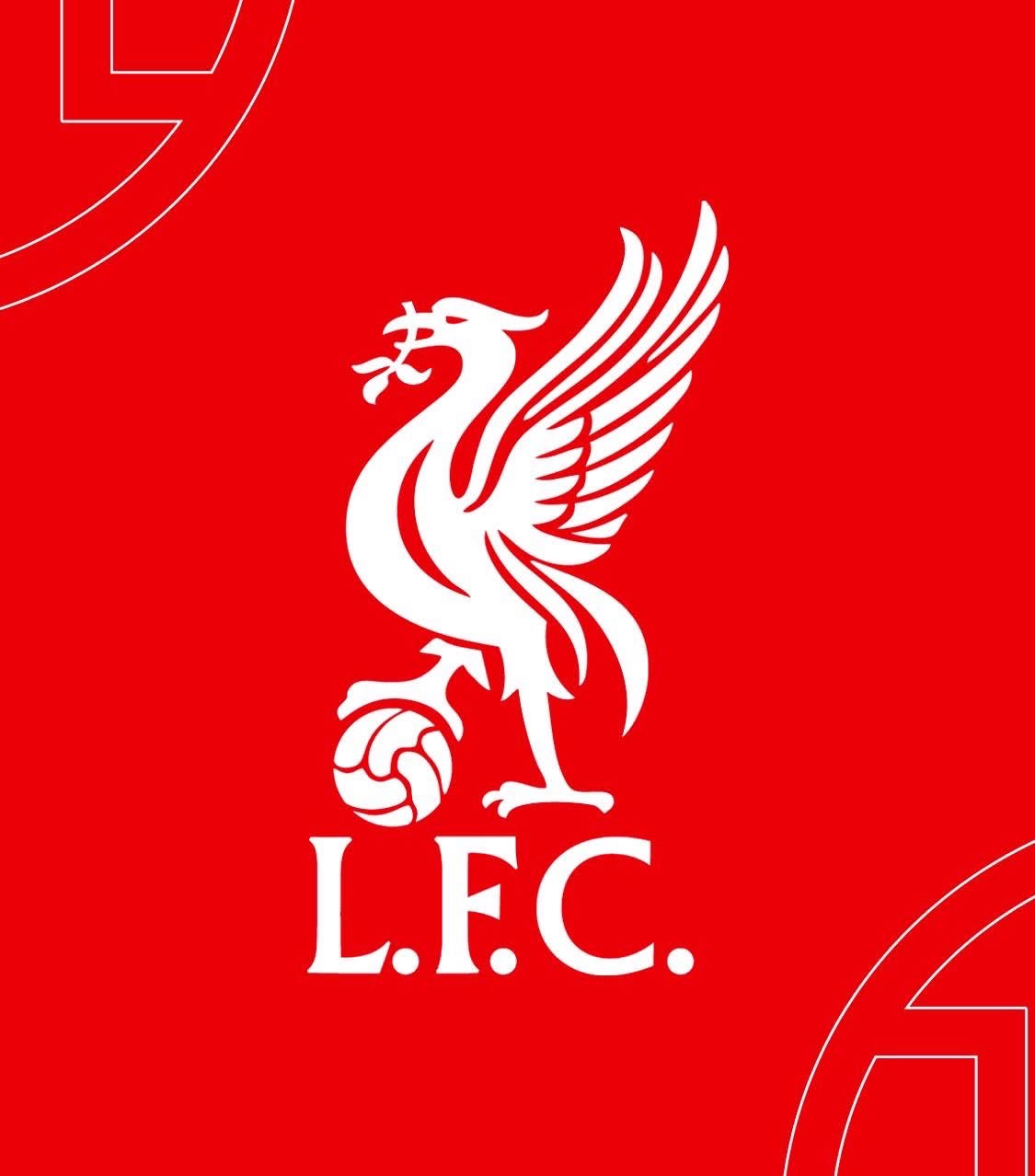When Todd Boehly and his Clearlake Capital consortium took control of Chelsea Football Club, there was a sense of excitement — and inevitability — about a new era dawning at Stamford Bridge. Armed with vast financial resources, Chelsea fans believed the ownership transition would not just secure the club’s future, but also propel them closer to domestic dominance and sustained European success.
Yet, three-and-a-half years into this bold American project, the harsh truth has been laid bare. Jamie Carragher, former Liverpool stalwart and one of the most respected pundits in the game, delivered a stinging assessment:
“They [Chelsea] are no closer, they are further away than what that manager [Tuchel] was doing three-and-a-half years ago in terms of competing with the top teams in the Premier League, they are further away having spent two billion pounds.”
Carragher’s words cut to the heart of Chelsea’s current predicament. Despite extraordinary levels of spending, the Blues are not climbing the mountain — they are sliding down it.
From Champions of Europe to Chaos
It wasn’t long ago that Chelsea were on top of the world. In May 2021, Thomas Tuchel led the club to Champions League glory, tactically outclassing Pep Guardiola’s Manchester City in the final. At that point, Chelsea were considered the third-strongest team in Europe, behind only City and Liverpool, with Real Madrid lurking as another giant.
Tuchel had forged a disciplined, resilient side, blending defensive solidity with counter-attacking menace. They weren’t perfect, but they were feared. That foundation should have been a platform to build from.
Instead, it became the last great moment before the spiral began.
The Boehly Experiment
When Boehly’s group took control in 2022, one of their first major decisions was to sack Tuchel. It was a shock to many in the footballing world, given Tuchel’s achievements and his ability to navigate turbulence. For Carragher, and many neutrals, that decision now looks like the fork in the road that set Chelsea onto a darker path.
Boehly’s vision has been radically different. The club adopted what appeared to be a “long-term investment model”, stockpiling young players on unprecedentedly long contracts — eight, nine, even ten years in some cases. The strategy was designed to spread transfer fees across financial reporting periods while securing talent for the future.
On paper, it looked clever. In reality, it has delivered little more than chaos.
£2 Billion Spent, No Identity Found
Carragher’s criticism centers on the fact that, despite this colossal investment, Chelsea’s footballing identity remains elusive. They are not close to Manchester City’s precision, not close to Liverpool’s intensity, and not close to Arsenal’s structure under Mikel Arteta.
Instead, they look like a collection of promising individuals thrown together without a coherent plan.
Key questions linger:
- Who is the leader of this team?
- What style of football defines Chelsea in 2025?
- Are they building to win now, or simply gambling on the future?
For Carragher, the answers are damning. Chelsea, in his view, are further away from competing at the highest level than they were under Tuchel — despite the astronomical sums spent to “fix” the squad.
The Players Caught in the Middle
Chelsea’s transfer business has brought in extraordinary young talent: Enzo Fernández, Moisés Caicedo, Mykhailo Mudryk, Cole Palmer, Benoît Badiashile, and more. On paper, it reads like a dream team of rising stars.
But football is not played on spreadsheets. Many of these players are still developing, and thrusting them into the pressure cooker of the Premier League without experienced guidance has backfired.
Meanwhile, proven veterans — the kind of leaders who could steady the ship — have been shown the exit door or marginalized. The result? A squad full of potential, but little balance.
Carragher’s Broader Point
The frustration in Carragher’s voice reflects a wider sentiment in the footballing community: Chelsea had a winning formula and abandoned it.
Under Tuchel, the Blues were not perfect, but they were competitive, disciplined, and feared by Europe’s elite. By contrast, the Boehly era has been defined by experiments, revolving-door managers, and scattergun spending.
The comparison is stark:
- Tuchel’s Chelsea (2021): Champions League winners, Champions League semi-finalists, third-best team in England.
- Maresca’s Chelsea (2025): Still in transition, inconsistent in the league, and unable to challenge City, Liverpool, or even Arsenal.
Carragher’s verdict is brutal but fair — Chelsea are not just standing still, they are regressing.
Fan Reaction
Unsurprisingly, Carragher’s comments have ignited debate among Chelsea supporters. Many agree with his assessment:
- “He’s right. We were a powerhouse under Tuchel. Now we’re just a feeder club for young talent hoping they come good one day.”
- “Two billion spent and we’re further away from City than ever. It’s embarrassing.”
Others, however, argue that the rebuild requires patience:
- “This project is about the future. Judge us in five years, not now.”
- “Yes, it’s painful now, but once these players develop together, Chelsea will dominate.”
This division reflects the central dilemma of the Boehly era: is it visionary long-term planning, or reckless mismanagement dressed up as innovation?
Where Does Chelsea Go From Here?
Carragher’s harsh words should serve as a wake-up call for Chelsea’s hierarchy. The club cannot continue to burn through cash without producing tangible results on the pitch.
For Maresca, the challenge is monumental:
- Can he mold this young, unbalanced squad into a cohesive team?
- Can he instill a clear tactical identity that rivals the clarity of City or Liverpool?
- Can he manage the pressure of expectations while overseeing a generational rebuild?
The answers to those questions will determine whether Carragher’s critique becomes a prophecy or a temporary snapshot of a painful transition.
Conclusion: A Legacy at Risk
Chelsea were once the envy of Europe, a ruthless club that blended financial power with footballing intelligence. Under Roman Abramovich, they built dynasties, dominated domestically, and twice conquered Europe.
Now, under Todd Boehly, the story is different. The money is still there — perhaps more than ever — but the results are not. Chelsea’s £2 billion gamble has, so far, left them weaker, not stronger.





